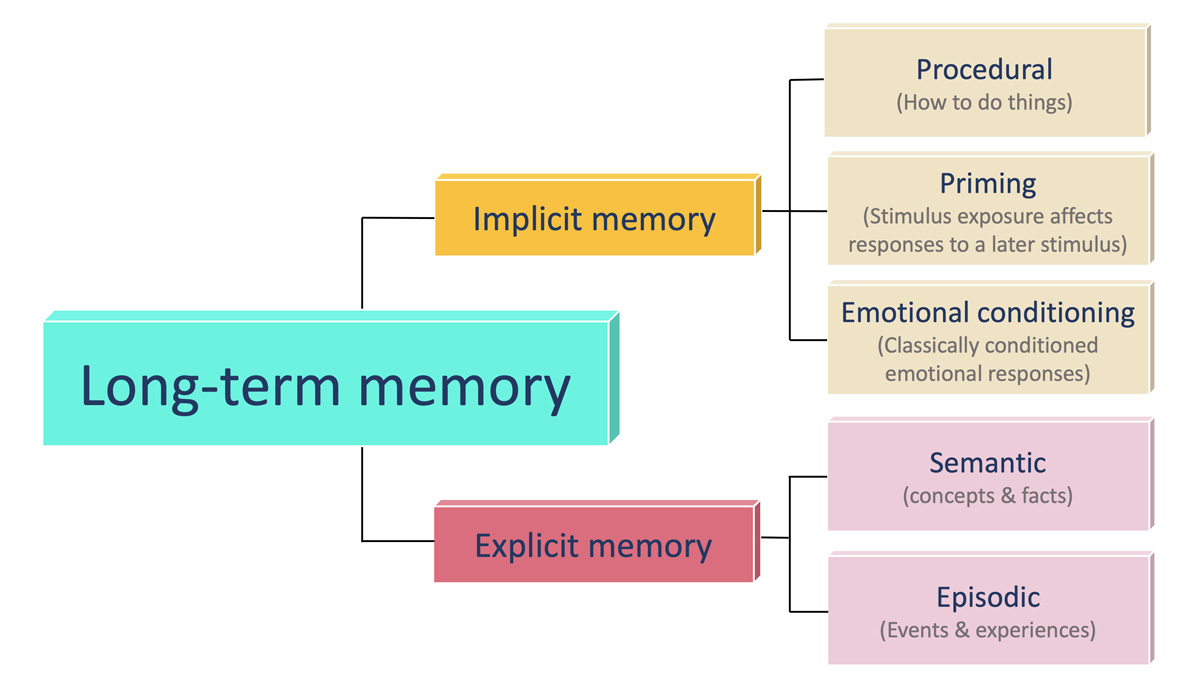Neurocognitive Disorders
Neurocognitive disorders occupy a critical intersection between psychology and neuroscience. It is where abnormalities in neural processes manifest as significant disruptions in cognition and everyday functioning. Neurocognitive disorders represent a broad spectrum of conditions, often characterized by cognitive decline from a previous level of performance in one or more cognitive domains. These disturbances are not just limited to memory impairment, as seen in popular depictions of conditions like Alzheimer’s disease, but also encompass deficits in areas such as attention, executive function, learning, language, and social cognition.
This chapter is dedicated to providing a review of different types of memory and neurocognitive testing and an in-depth exploration of various neurocognitive disorders, emphasizing their diagnostic criteria, underlying neurobiological mechanisms, and clinical management. Furthermore, we will explore a range of diagnostic tools and assessment strategies, including neuropsychological testing, which plays a pivotal role in the clinical identification and management of these disorders.
In conclusion, readers of this chapter will acquire a comprehensive understanding of neurocognitive disorders and an appreciation for the complexity of their management. This knowledge is fundamental for psychology residents preparing for board examinations and equally crucial for any healthcare professional committed to improving the quality of life for individuals afflicted with these challenging conditions.
Types of memory
Procedural memory
- Associated with implicit memory of how to perform certain tasks such as tying shoes or riding a bike.
- Damage to the basal ganglia and cerebellum can lead to procedural memory problems.
Episodic memory
- Memory that is specific to autobiographical events (i.e. times, names, and places).
- Deficits localize to the Papez circuit (hippocampus, fornix, mammillary bodies, anterior thalamus, cingulate, entorhinal cortex)
- Deficits in episodic memory are typical of Alzheimer’s disease (AD).
Working memory
- Also considered “short-term memory”, it is the cognitive system responsible for storing temporary pieces of information.
- Phonologic working memory involves the prefrontal cortex, Broca’s, and Wernicke’s areas. An example is remembering a phone number “in your head” before dialing.
- Spatial working memory Involves the prefrontal cortex and visual associated areas. An example is following a route to the end of a maze.
Semantic memory
- Semantic memories do not tend to come from personal experience.
- Deficits of semantic memory lead to the loss of “common knowledge” things such as names of colors, and other basic life facts.
- Semantic deficits may be related to the temporal lobe pathology, specifically the inferior temporal cortex.
Log in to view the remaining 60-90% of page content!
New here? Choose an account!
1 Month Plan
Full Access Subscription-
Access to all chapters
-
Access to all images and cases
-
Access to all flashcards
-
Access to Full Question Bank
3 Month Plan
Full Access Subscription-
Access to all chapters
-
Access to all images and cases
-
Access to all flashcards
-
Access to Full Question Bank
1 Year Plan
Full Access Subscription-
Access to all chapters
-
Access to all images and cases
-
Access to all flashcards
-
Access to Full Question Bank


